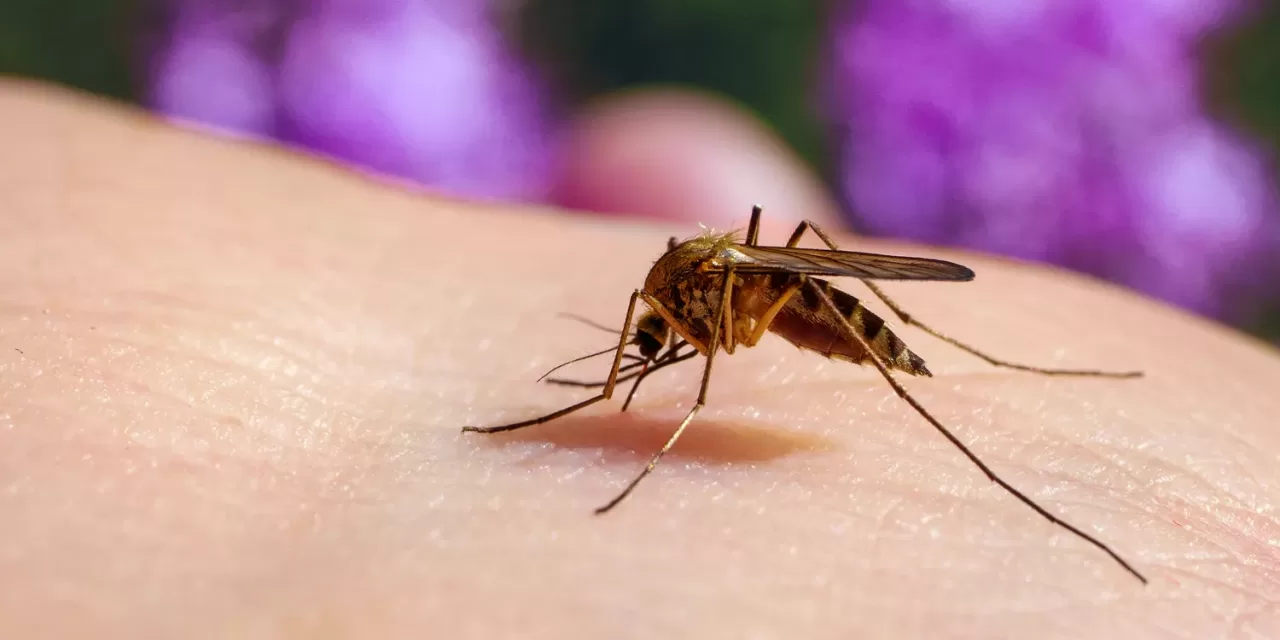A Victorian man is currently in critical condition in hospital after contracting Japanese encephalitis from a mosquito bite, according to recent reports. This alarming news comes on the heels of public health alerts issued by both Victoria and New South Wales warning residents and visitors about the potential spread of the virus during this summer.
What is Japanese Encephalitis?
Japanese encephalitis (JE) is a viral infection that is primarily spread through mosquito bites. Although it is relatively rare, JE can cause serious illness, including lifelong neurological complications, and can be fatal in some cases. Symptoms of the disease include fever, headache, vomiting, neck stiffness, disorientation, drowsiness, and seizures. In severe cases, the infection can lead to brain inflammation.
While most people infected with the virus show no symptoms, the disease can cause significant harm in those who develop severe forms. There is currently no specific treatment for JE, but a vaccine is available for individuals at high risk.
Mosquito-Borne Diseases in Australia
Australia has traditionally been at low risk for severe mosquito-borne diseases compared to other parts of the world. However, mosquitoes in the country can still transmit several viruses, with Ross River virus being the most common. Around 5,000 cases of mosquito-borne diseases are reported in Australia each year, most of which are due to the Ross River virus. While not fatal, the Ross River virus can be debilitating.
More dangerous diseases like Murray Valley encephalitis (MVE) and Japanese encephalitis have also been detected in Australia. These viruses are rare but potentially deadly, with symptoms similar to those of JE, including fever, headache, vomiting, and neurological complications. While there is no specific treatment for either disease, a vaccine is available for Japanese encephalitis.
Weather Patterns and Virus Spread
Historically, outbreaks of mosquito-borne viruses like MVE and JE in Australia have been linked to flooding, particularly those caused by La Niña weather patterns. These floods create ideal conditions for mosquitoes and waterbirds that harbor the virus. Following heavy flooding rains during La Niña years, outbreaks of these viruses have been recorded in southeastern and northern Australia.
Japanese encephalitis was first detected in southeastern Australia during the summer of 2021–22, likely due to the boom in mosquito and waterbird populations following flooding. Since then, around 80 cases of JE and MVE have been reported, with seven deaths attributed to JE in Queensland, New South Wales, South Australia, and Victoria.
What’s Different This Summer?
This summer, despite hot and dry conditions in many parts of the country, the spread of Japanese encephalitis and Murray Valley encephalitis viruses has been detected in mosquitoes and other wildlife. This includes feral pigs in New South Wales, and environmental surveillance in northern Victoria has confirmed the presence of JE.
Though mosquito numbers are not at the levels seen during the flooding of La Niña years, the virus has still managed to spread. Experts believe that feral pigs may be playing a more significant role in spreading JE, as both mosquitoes and pigs gather around bodies of water.
How to Protect Yourself
To reduce the risk of contracting mosquito-borne diseases like Japanese encephalitis, health authorities recommend taking precautions, particularly in areas with reported virus activity. Public health alerts have been issued for regions in northern Victoria and around Griffith and Narromine in New South Wales, where JE has been detected. If you live or work in these areas, consult your local health authority to see if you’re eligible for the free Japanese encephalitis vaccine.
Unfortunately, no vaccine is available for Murray Valley encephalitis or Ross River viruses. Regardless, mosquito bite prevention remains crucial. Apply insect repellent when outdoors, especially during dawn and dusk when mosquitoes are most active. Wear long sleeves, long pants, and covered shoes to further reduce exposure.
As experts continue to monitor the situation, residents in mosquito-prone areas are advised to stay vigilant and take necessary precautions to protect themselves and their families.
Provided by The Conversation












